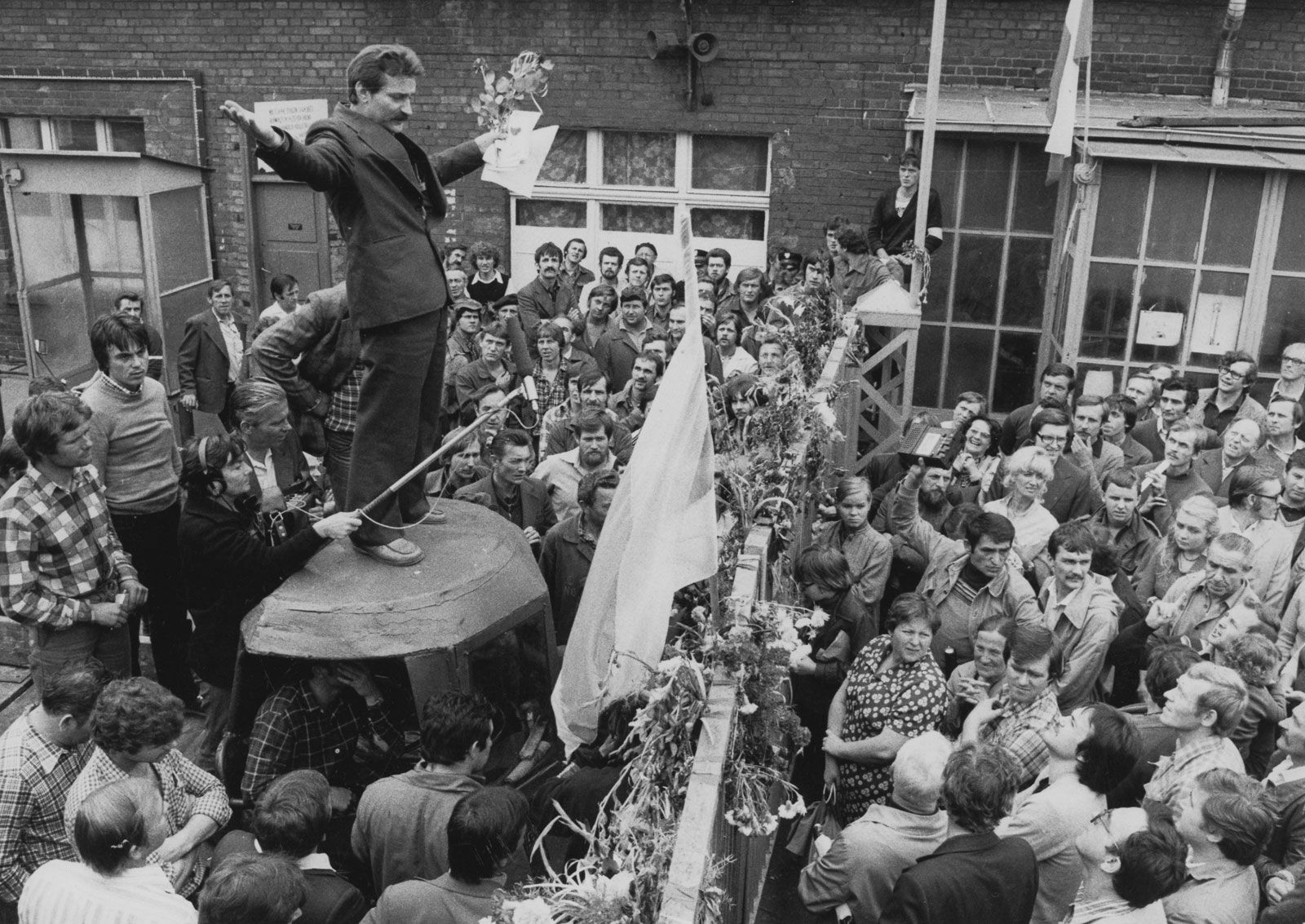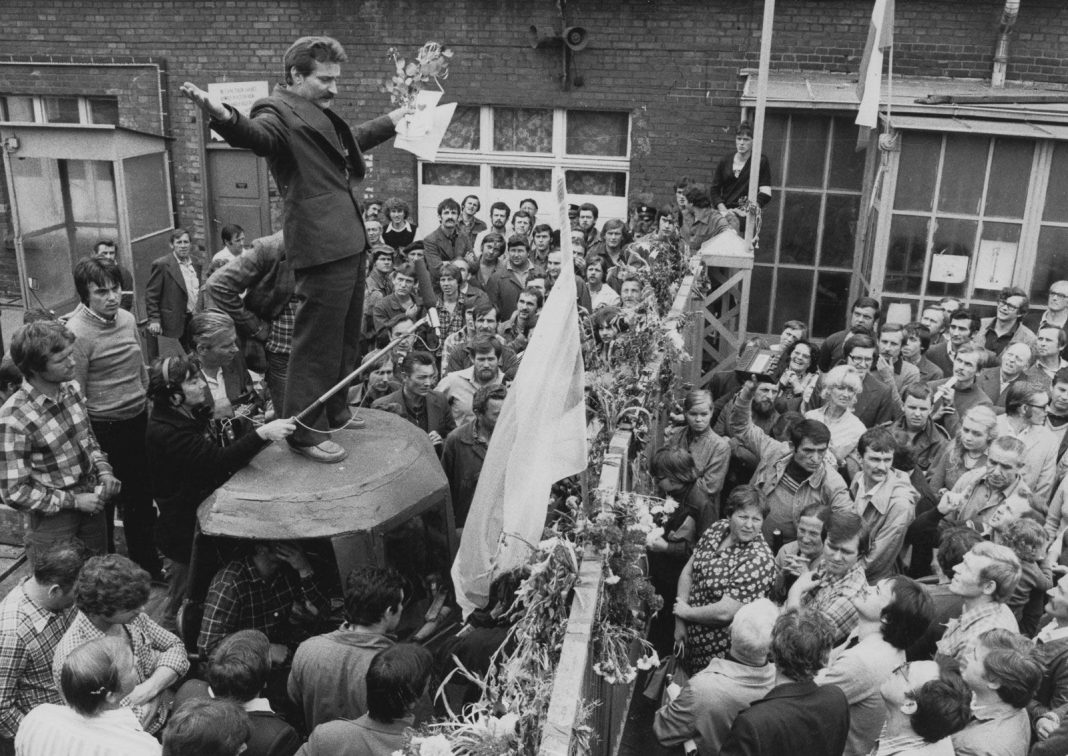 Title: Assassination of Hamas Leader in Tehran Raises Tensions in the Middle East
Title: Assassination of Hamas Leader in Tehran Raises Tensions in the Middle East
Introduction:
The recent assassination of Hamas leader Ismail Haniyeh in Tehran has sparked outrage and raised tensions in the Middle East. As representatives of Palestinian militias and Iran’s supreme leader Ayatollah Ali Khamenei mourned Haniyeh’s death, the incident has the potential to escalate into an all-out regional war. This article examines the events surrounding the assassination and its potential implications.
Iran’s Show of Solidarity:
After the funeral services in Tehran, Haniyeh’s remains are set to be transferred to Qatar for burial. Iran’s supreme leader, Ayatollah Ali Khamenei, attended the funeral and prayed over Haniyeh’s coffin at Tehran University. Iranian President Masoud Pezeshkian stood alongside him, highlighting Iran’s strong support for Hamas and the Palestinian cause. The presence of leaders from the Palestinian Islamic Jihad militant group and Hezbollah further emphasized the unity against Israel.
Israeli Involvement and Escalating Tensions:
Israel has been accused of carrying out the assassination, with reports suggesting that they had pledged to kill Haniyeh and other Hamas leaders following the group’s attack on southern Israel. The airstrike targeting Haniyeh in Tehran came shortly after Israel had targeted a top Hezbollah commander in Beirut. These back-to-back attacks have intensified the already bitter rivalry between Israel and Iran, increasing the risk of further conflict.
US Calls for Restraint:
US Secretary of State Antony Blinken has called on all parties in the Middle East to avoid escalatory actions that could exacerbate the situation. Blinken emphasized the need for a ceasefire between Israel and Hamas in Gaza, asserting that it is the only way to break the current cycle of violence and suffering. While Blinken did not mention Israel, Iran, or Hamas by name, his plea for restraint acknowledges the volatile nature of the situation.
Implications for Regional Stability:
The assassination of Haniyeh in Tehran comes on the heels of previous tensions between Israel and Iran. Earlier this year, both countries engaged in a series of strikes on each other’s soil, raising concerns of an all-out war. International efforts managed to contain the conflict, but the recent events have reignited fears of a wider regional war. The assassination underscores the deep-rooted animosity between Israel and Iran and the potential for further destabilization.
Iran’s Support for Palestinians:
During President Pezeshkian’s inauguration ceremony, he expressed support for the Palestinian cause, emphasizing Iran’s desire for a world where the dreams of Palestinian children are not crushed under the rubble of their homes. Pezeshkian called for an end to Palestinian occupation, oppression, imprisonment, and genocide. This stance reflects Iran’s longstanding support for Hamas, Hezbollah, and other Palestinian militant groups fighting against Israel in Gaza.
Conclusion:
The assassination of Hamas leader Ismail Haniyeh in Tehran has heightened tensions in the Middle East and raised concerns about the potential for an all-out regional war. Iran’s support for Hamas and its show of solidarity during the funeral services further highlight the volatile nature of the situation. The involvement of Israel and the US’s call for restraint underscore the complex dynamics at play. As the region navigates these tense times, it remains crucial for all parties involved to exercise restraint and work towards a peaceful resolution.


